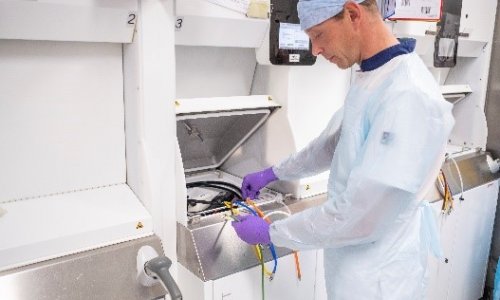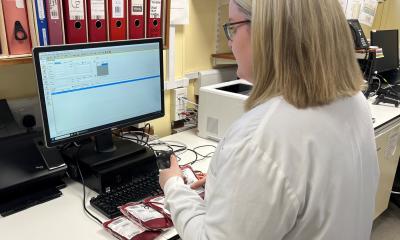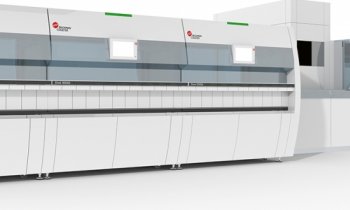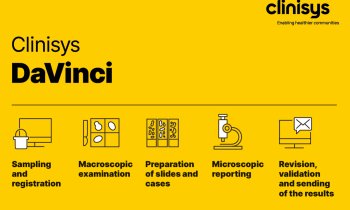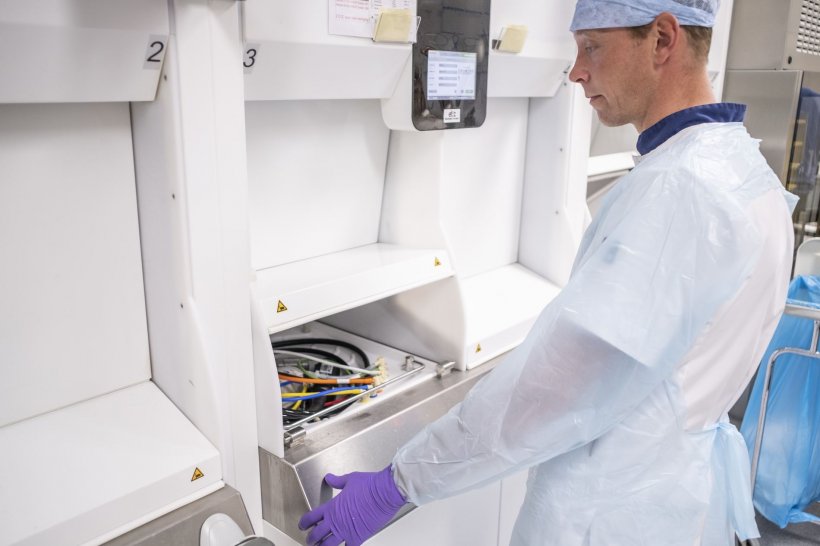
Sponsored • Endoscope drying
Empowering Reprocessing Staff: Improving Patient Safety
Human factor aspects of reprocessing can never be completely avoided yet staff can be empowered to reduce the risk of infection. This was an important conclusion established at a multidisciplinary expert panel held at Pentax Medical’s R&D Center, discussing infection risk mitigation in endoscopy.
This panel of experts, consisting of physicians, nurses, microbiologists, infection control experts, and researchers, exchanged views on topics such as the role of human factors and the importance of drying. What are the key challenges and constraints in endoscope drying, and why are these steps not always properly executed?
Time pressures present a constraint among staff
Surveys showed that nurses and reprocessing staff work under time pressure. Even though they are aware of the importance of thorough cleaning and drying, it can be challenging
Ulrike Beilenhoff
Reprocessing staff play a major role in infection risk mitigation, however research shows that in 45% of cases key reprocessing steps are skipped1. Sufficient time is the prerequisite for correct reprocessing of endoscopes, this also includes sufficient time for drying before storage. Ulrike Beilenhoff, Scientific Secretary and former President of the European Society of Gastroenterology and Endoscopy Nurses and Associates (ESGENA) explains, “time constraints in hospitals present challenges to effective drying and storage. Surveys showed that nurses and reprocessing staff work under time pressure. Even though they are aware of the importance of thorough cleaning and drying, it can be challenging.” 75% of the reprocessing staff reported time pressures and non-compliance with guidelines related to reprocessing as a result2. To negate the challenges concerning time, and better empower nurses and hygiene departments, hospitals need an easy and fast system to dry and store endoscopes.
The importance of drying
Often medical professionals cannot visibly see that the endoscope is wet, as the exterior appears dry, thus presenting a hygiene challenge. Julia Kovaleva, MD, PhD, clinical microbiologist and clinical pathologist Department of Laboratory Medicine, AZ Rivierenland, Bornem, Belgium explained, “drying and storage, in endoscopy reprocessing, are just as important for preventing against infection as cleaning and high-level disinfection. Accurate drying greatly reduces bacterial contamination of stored endoscopes. When we discuss storage, an automated cabinet is advantageous for rapid drying of endoscope channels and in reducing the risk of microbial growth during storage.”
Hospital staff need a fast and efficient system to guarantee a dry endoscope and store it, if the endoscope is not reused immediately. Julia Kovaleva explains that, “exploring new techniques for endoscope drying and storage, such as plasma ultra-fast drying, could reduce current drying challenges.”
It is important to hear from doctors and hospital staff to receive feedback to directly tackle patient safety and infection prevention. Although ECRP procedures remain very safe for patients and allow the least-invasive manner for diagnosis and treatment for many biliopancreatic disorders and conditions, post-ERCP infections typically range between 2% and 4%3. To improve patient safety and reduce the risk of infection, greater attention to hospital staff’s constraints is important. Providing staff with the best products to for an easy and fast system to dry and store endoscopes is an important step towards infection prevention.
References:
[1] Ofstead et al.; Gastroenterology Nursing 2010
[2] Beilenhoff et al.; Endoscopy 2018
19.03.2020



